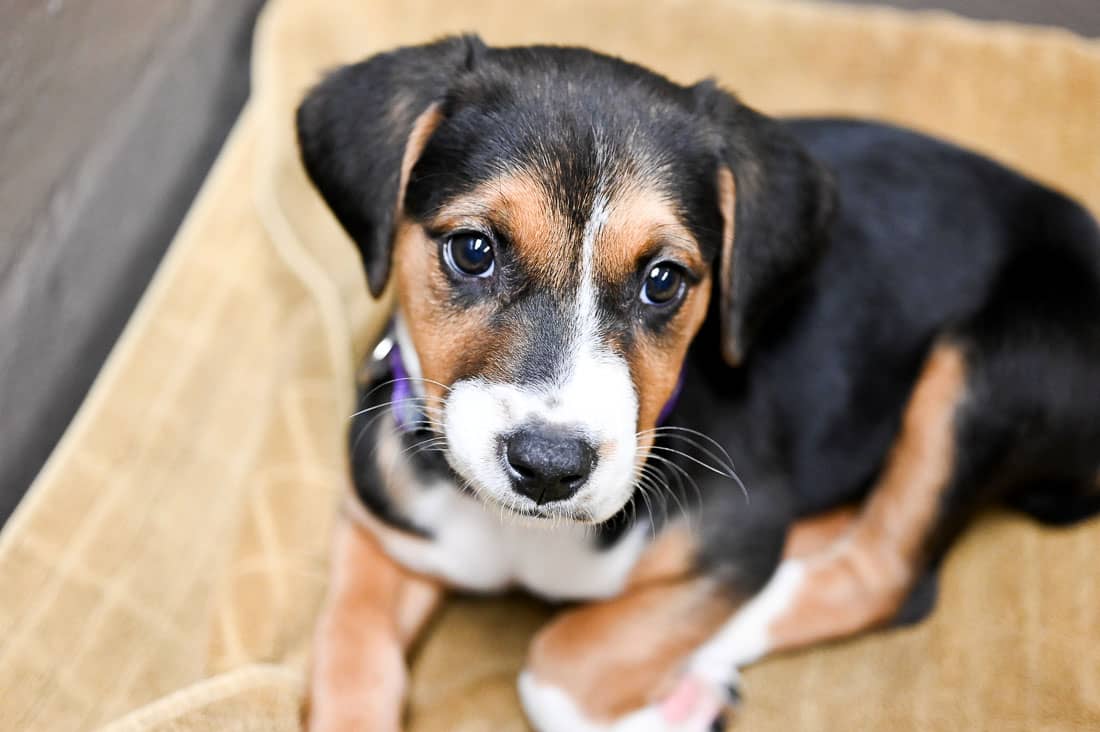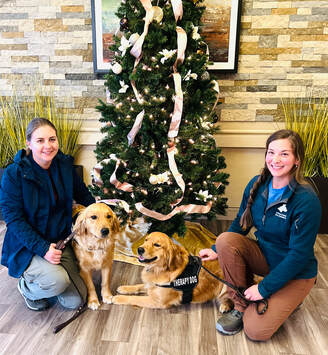How to Choose the Right Approach for Successful Dog Training
How to Choose the Right Approach for Successful Dog Training
Blog Article
Vital Tips for Effective Dog Training: A Guide for Pet Owners
Reliable pet dog training is a diverse procedure that calls for a critical method customized to both the pet's character and the proprietor's objectives. Trick elements such as establishing consistent commands, utilizing favorable reinforcement, and facilitating very early socializing play crucial roles in cultivating a well-adjusted canine friend. Several animal proprietors experience difficulties that can impede progress, leading to frustration and unpredictability. Recognizing just how to navigate these challenges can substantially improve the training experience, inevitably transforming the connection between owner and pet. What are the essential approaches that can be utilized to guarantee success in this venture?
Understanding Dog Actions
Recognizing dog behavior is important for efficient training and cultivating an unified partnership in between pooches and their proprietors. Canines connect mainly through body language, articulations, and activities, making it critical for owners to translate these signals properly. Acknowledging a dog's posture, tail setting, and ear alignment can supply insights into its mood. As an example, a wagging tail does not constantly suggest joy; it can also signal enjoyment or stress and anxiety.

Socializing plays a considerable role in pet dog actions; direct exposure to various environments, people, and various other animals can considerably influence a dog's character. Elements such as breed characteristics and private personality must lead training techniques, as some breeds might have particular behavioral qualities that require customized techniques. By understanding these aspects, proprietors can develop a supportive setting that motivates favorable behavior, causing effective training outcomes and a deeper bond with their pet dogs.
Establishing Regular Commands
Efficient communication with your pet dog starts with developing constant commands. This fundamental aspect of training is vital for promoting understanding in between you and your pet dog. Uniformity in the commands you make use of guarantees that your dog can dependably associate certain words or phrases with the preferred habits.
When selecting commands, choose clear, distinctive words that are very easy to claim and distinguish from each other. Stay clear of making use of similar-sounding commands that might perplex your canine. Using "rest" and "remain" is suitable, yet "sit" and "struck" can lead to misunderstandings.
Additionally, maintain the exact same tone and quantity for each command. Pets are sensitive to vocal hints, so differing your tone can develop complication.
It is similarly essential to guarantee that all relative get on the exact same page pertaining to the commands made use of. A united front in command use will protect against blended signals and reinforce the discovering process.
Favorable Reinforcement Strategies
The power of favorable reinforcement in pet dog training exists in its ability to motivate preferred actions through benefits and praise. This technique is based in the principle that habits followed by desirable outcomes are more most likely to be repeated. By including favorable support into your training regimen, you can properly form your dog's behavior in a positive manner.
To execute favorable support, it's crucial to recognize what inspires your canine, whether it be treats, playthings, or verbal appreciation. When your canine performs a desired action, such as resting on command, quickly reward them with a treat or affection. This organization between the command and the positive outcome strengthens their understanding.
It's vital to timing the incentives properly; delivering the support within seconds of the preferred behavior assists your dog make the connection (dog training). Furthermore, consistency is vital-- make certain you can look here that all member of the family utilize the same commands and reward systems to prevent confusion

Slowly, you can minimize the regularity of treats as your dog discovers the actions, transitioning to commend or intermittent benefits. This approach not just cultivates a strong bond in between you and your pet yet likewise advertises a favorable understanding environment, making educating a pleasurable experience for both.
Socialization and Interaction
Constantly exposing your pet dog to a selection of environments, individuals, and various other animals is critical for their social advancement. Socialization must begin early, preferably during the important window of 3 to 14 weeks, when puppies are most receptive to new experiences. Older pets can also profit from ongoing socializing efforts.
Present your dog to different setups, such as parks, pet-friendly stores, and metropolitan areas. This direct exposure aids them adjust to numerous stimuli, reducing anxiety and worry feedbacks. Urge positive interactions with other pets and individuals, guaranteeing that these encounters are controlled and safe to promote confidence.
Utilize structured playdates with genteel pet dogs, as this can improve your canine's social skills and show them appropriate habits. Obedience classes and training sessions also give superb opportunities for socializing, enabling your pet dog to engage with others in a supervised setting.
Display your dog's body language throughout interactions, as this will help you assess their comfort degree. Gradually increase exposure to even more difficult situations while guaranteeing that each experience declares. A well-socialized pet dog is more likely to exhibit balanced habits, making them a delight to have in any kind of setting.
Dealing With Common Training Obstacles
Every dog proprietor will experience training obstacles at some time, regardless of their pet's age or socialization degree. Determining common concerns such as stubbornness, interruptions, and fearfulness can assist in developing efficient techniques for renovation.

Progressively present disturbances as the pet dog comes to be a lot more competent in commands. Short, frequent training sessions are likewise reliable in maintaining focus.
Fearfulness can prevent a canine's knowing procedure. Steady desensitization to the resource of worry, combined with positive reinforcement, can help minimize stress and anxiety. Perseverance is vital; never ever require a dog right into a situation that causes distress, as this may exacerbate the concern.
Eventually, understanding and right here addressing these usual difficulties with an organized strategy will promote an extra productive training experience, reinforcing the check this bond between dog and owner while advertising effective discovering.
Final Thought
In recap, effective canine training relies upon a comprehensive understanding of canine actions, the facility of consistent commands, and the application of favorable support methods. Socializing plays a crucial role in establishing well-adjusted pets, while addressing common training challenges needs perseverance and versatility. By executing these crucial techniques, pet owners can cultivate a solid bond with their pets and promote desirable actions, ultimately resulting in an unified connection between humans and their canine friends.
Comprehending canine habits is crucial for effective training and promoting an unified partnership between pooches and their owners.Socializing plays a substantial duty in dog habits; exposure to different atmospheres, individuals, and other pets can considerably impact a canine's character.The power of positive reinforcement in pet dog training exists in its ability to motivate preferred actions through benefits and appreciation. By including positive reinforcement right into your training regimen, you can successfully shape your pet's behavior in a useful way.
In summary, successful pet training relies on a detailed understanding of canine actions, the establishment of constant commands, and the application of positive reinforcement strategies.
Report this page